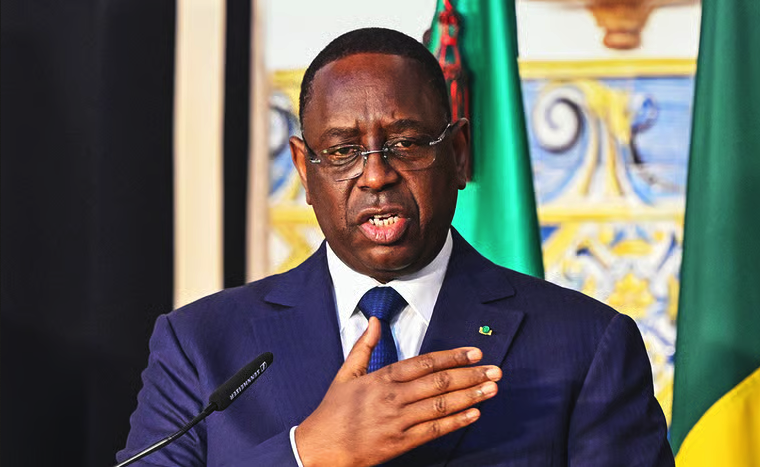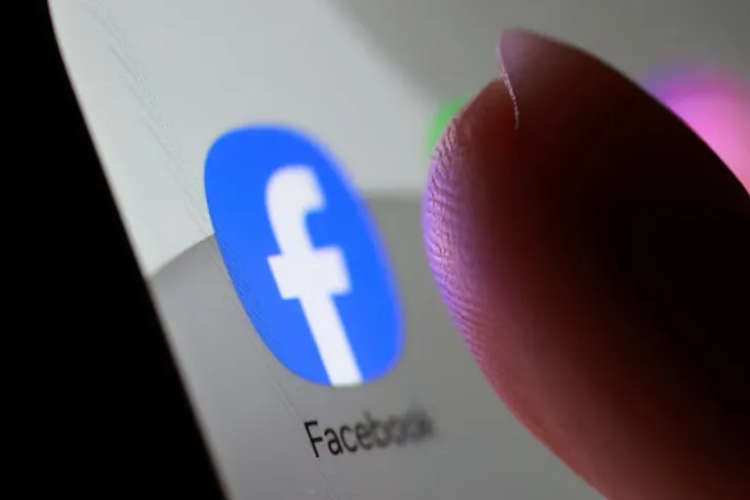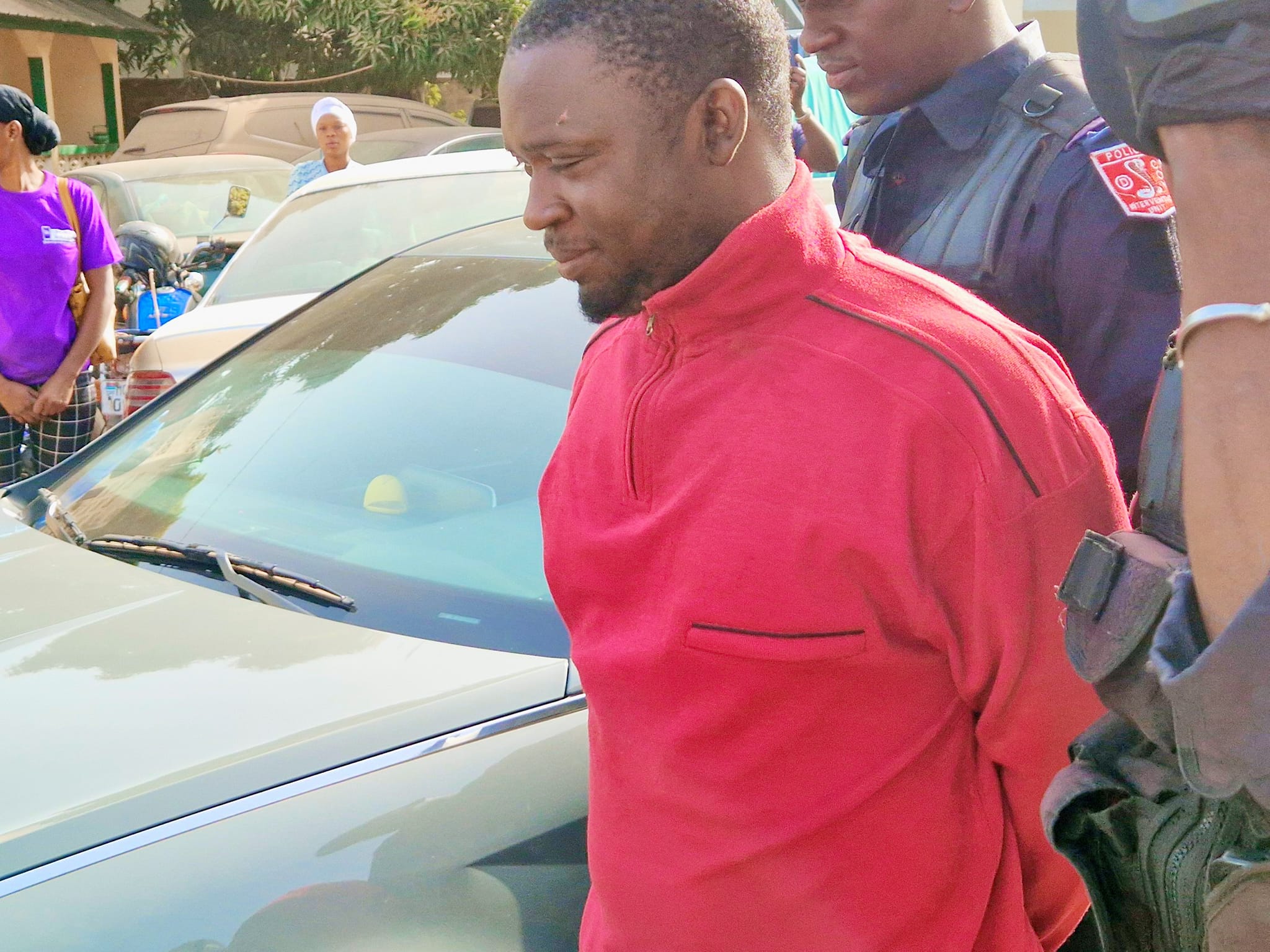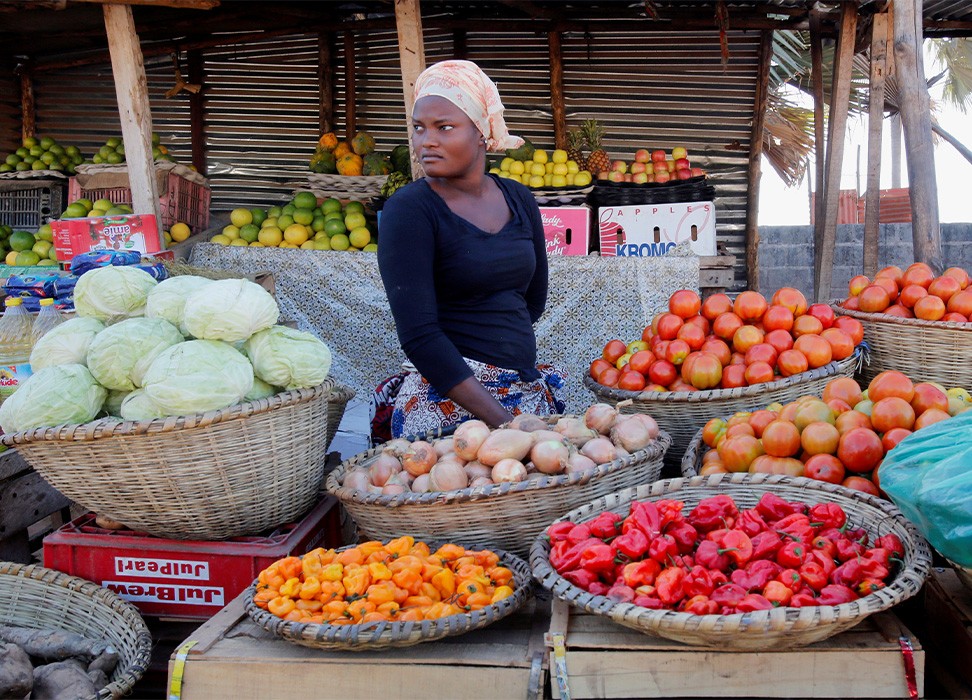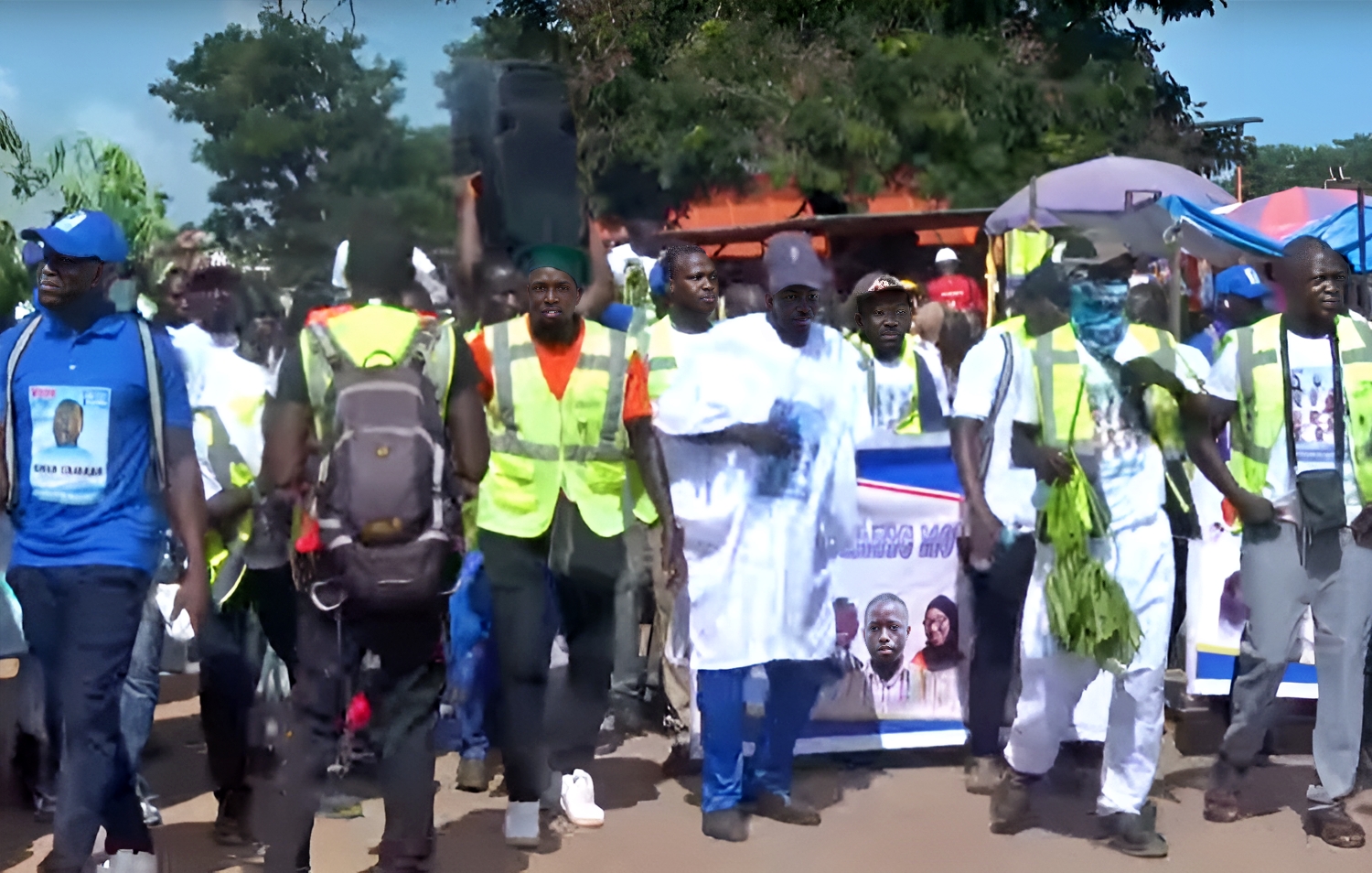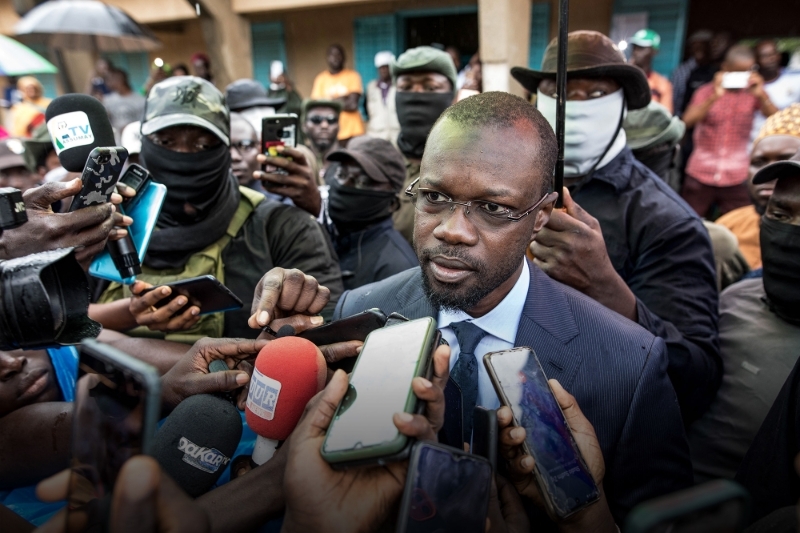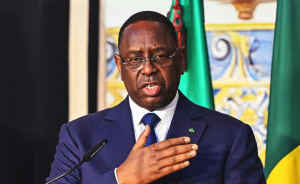Gambiaj.com – (BANJUL, The Gambia) – In ancient Rome, crowds gathered in the Colosseum to watch gladiators fight to the death. When one was wounded or overpowered, spectators roared “kill him!“, becoming judge, jury, and executioner. It was cruel but thrilling – a public spectacle of dominance and downfall.
Today’s digital arenas are no less bloodthirsty – only now, the roars come as hashtags, and the weapons are words. We no longer sit in stone amphitheaters but scroll through Facebook feeds, WhatsApp chats, and tweets. We cheer or condemn with likes, shares, and comments.
In the digital age, public figures can be accused, judged, and sentenced within minutes – all without due process.
There is a dangerous satisfaction in watching others fall. Especially those who are successful, powerful, or admired. But unlike ancient Rome, our spectacles claim reputations, not lives – though the consequences can still be devastating.
The recent Supreme Court judgment in Senegal offers a timely warning. Prime Minister (formerly opposition leader) Ousmane Sonko accused Tourism Minister Mame Mbaye Niang of embezzlement – but when asked to substantiate his claims in court, he could not. He was convicted of defamation and fined 200 million CFA francs.
Shortly after the judgment on July 3, 2025, Sonko shared a video accusing the Supreme Court judges of bias. He claimed the trial was politically motivated. But this raises a critical issue: an accuser must prove his case – not shift the burden onto the judges or the courts. Without evidence, accusations remain legally empty – and ethically dubious.
This threat is not confined to Senegal.
In The Gambia, we’ve seen a growing wave of online accusations – often launched without a shred of proof. Civil servants, politicians, entrepreneurs, and community leaders are targeted by anonymous accounts, insider gossip, or viral claims.
To lend credibility, accusers often use phrases like “from a reliable source,” “on condition of anonymity,” or “an insider told me.” These expressions suggest authenticity but often mask gossip, misinformation, or malicious intent.
Even worse, many so-called “leaks” are shared without context or verification – sometimes by people driven by envy, grudges, or the desire to feel important.
In this toxic climate, truth and falsehood become indistinguishable. And as a result, institutions suffer, trust erodes, and public service becomes a battlefield of reputational attacks.
This is not to deny that wrongdoing exists – or that exposing it is essential to accountability. In fact, whistleblowers play a critical role in safeguarding the public interest. When they act in good faith, supported by evidence and guided by integrity, they can bring to light corruption, abuse, and negligence that would otherwise remain hidden.
But true whistleblowing is not the same as online character assassination. Whistleblowers follow procedures, document facts, and are often willing to stand by their claims – even at great personal risk. What we see on social media today is rarely that – it is often trial by rumor, not justice by truth.
Whether wielded by governments or opposition, power should never be politicized. Politicians, public servants, and citizen journalists alike bear responsibility: manufacturing evidence to silence or punish opponents is not activism – it’s oppression. If we blur the line between responsible exposure and politically driven smears, we undermine democratic accountability, harm institutions, and reward the worst forms of power play.
In a democracy, freedom of expression is sacred. But it does not mean freedom to defame. In courtrooms, the principle remains: innocent until proven guilty. Yet online, the reverse often applies.
When everyone becomes accuser, investigator, prosecutor, and judge, justice suffers. Worse still, the real legal system is undermined. People begin to act on hearsay rather than verified information. This is how societies slide into disorder – when rumor becomes reality and accusation replaces evidence.
We must ask ourselves, why are we so quick to believe the worst? Why do we take pleasure in another’s fall?
Perhaps it is a timeless human instinct – the same that moved Roman crowds to shout for blood. But we must rise above it. Our democracy cannot thrive on sensationalism. Our nation cannot develop if truth becomes optional.
Let us be cautious. Let us pause before we forward a rumor, share a ‘leak,’ or amplify an anonymous post. Let us demand proof, context, and fairness.
Justice is not a popularity contest. Nor should it be reduced to a series of viral messages.
Let us step back from the digital arena and ask, “Am I part of the crowd shouting ‘Kill him’?” Or am I helping build a society of justice, accountability, and integrity?”
The Gambia needs more critical thinking, not louder condemnation. Let us not become gladiators with smartphones – strong in attack but weak in truth.



